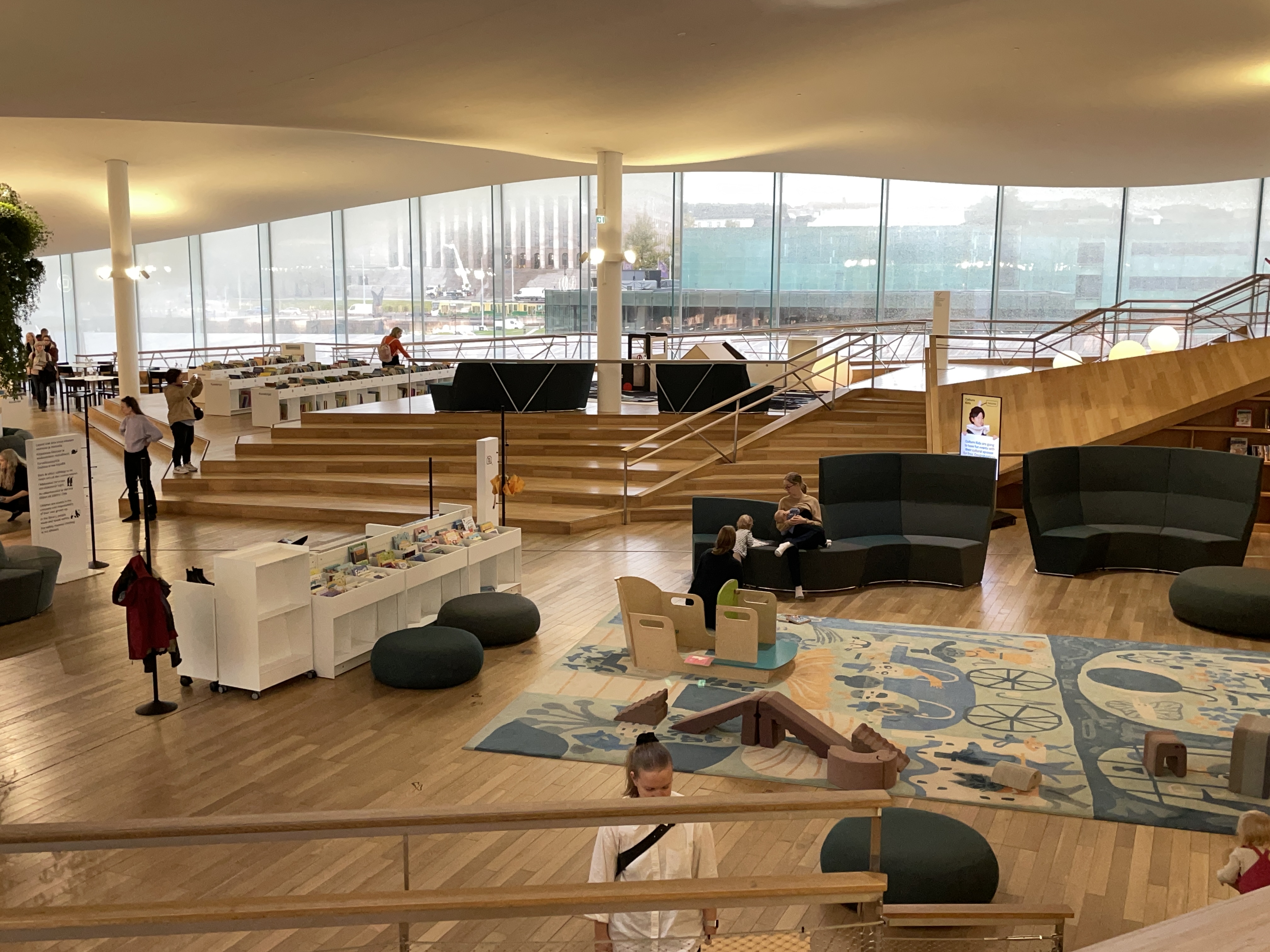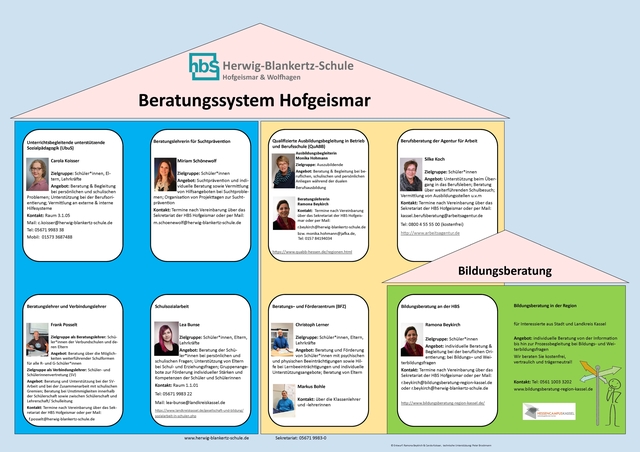From Oct. 7th - 13th 2024 two teachers of the team of the office management clerks went to Helsinki to take part in a training about the Finnish educational system - one of the most successful educational systems of the world.
The training took place at the “Europass teacher academy” at Helsinki within the framework of the Erasmus program. At this point many thanks to the Erasmus coordinator of our school, Ms Bianka Bux - she managed the organisation of that training and the journey.
The participants came from all over Europe - from Italy, Estonia, Croatia, the Netherlands and Germany and also as an exception from Dubai.
We learned much about the special features of the Finnish educational system. Some cornerstones are phenomenon-based learning, outdoor learning, lifelong learning and the focus on wellbeing. Students are more responsible and even the younger ones are trusted to take responsibility, as it can be seen at outdoor learning activities.

There is one special thing about the reputation of education in Finland: Trust. Society and parents have trust in the educational system, in the competence of school and teachers. There is no school inspection taking place, teachers and schools have a curriculum but there is space and freedom for teaching what really is needed by the students.
Lifelong learning is implemented in the library system where not only books but games, different machines for woodworking, metalworking, sewing, cooking, printing, computing … are there for free use of everyone. It is the living room of the city and its lifelong learning and collaborating: Oodi library is an example already known - Kassel wants to implement a library like Oodi in the ruruHaus.
A decisive difference in the educational system is that there is only one school in Finland, so students are not divided like in Germany into a lower, middle and higher qualified school branch. The focus is on support for every student, not on selection. Books and all learning materials are for free, so everyone has the same chances. The focus is not on tests and grades but on the learning process of the individual.
Vocational training at all is mostly school based. Students do some internships at companies but mostly they are learning at school. Here our German dual training system seems to be more successful and more connected to real life learning.
However - there is always more than one answer to education issues and how to manage and solve these - the Finns found some answers that might also help us in Germany.
Let´s keep moving and learn from each other and participate in more Erasmus program events.
Michaela Fleckenstein und Ingo Kuhlmey

















